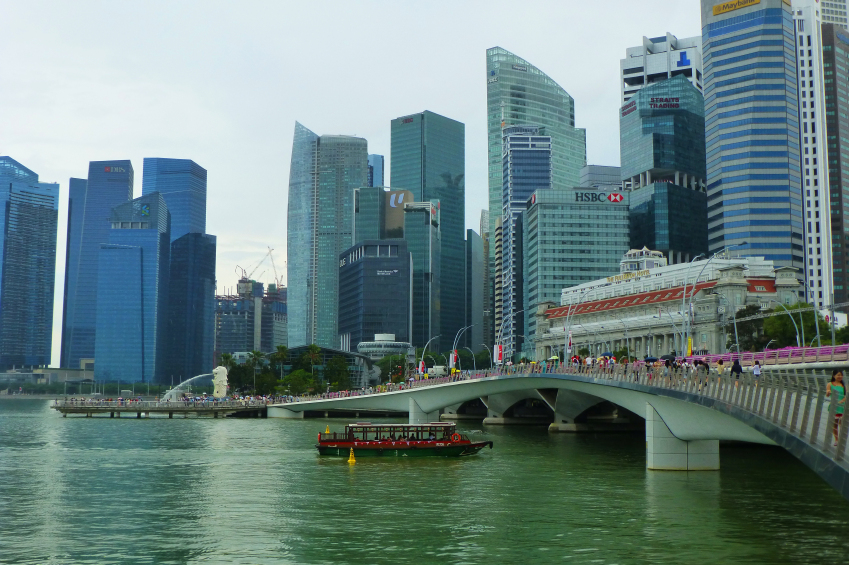Our Opinion: 2023
Britain must pivot towards Asia

When the UK’s Trade Secretary, Kemi Badenoch, formally signed Britain up to the CPTPP Indo-Pacific trade bloc early in the summer, it was the biggest shift in trade policy in a generation.
Covering countries such as Japan, Australia, Malaysia and Vietnam, the CPTPP represents the world’s single largest trade bloc, with a combined GDP of $12trn, or 15% of global output. It is easily set to outstrip the European Union, partly because all its members (perhaps except for Japan) have much faster growth rates, and also because it is likely to recruit more members, and larger ones as well. China may well join one day, depending on the politics, and so might the US.
The Pacific is a lot further away than Europe and, apart from Japan and South Korea, its markets are not as wealthy or as developed as most European ones. Membership will certainly not replace the trade lost when the UK left the European Union, at least in the short term. Almost 40% of UK exports go to the rest of Europe, while only 7% head for the Pacific region. That said, it is still a big opportunity for the UK, and those numbers could change very quickly. The growth areas of an economy are always evolving, depending on where the demand is strongest, and which skills and products are attracting the most interest. The important point, though, is that joining the trade bloc is not enough. The British economy will need to pivot towards Asia.
First, financial services. The City of London is a world-leading finance centre, even if the number of quoted companies has fallen, and the UK stock market is in the doldrums. It can’t expect to remain the financial hub for the EU for the long-term, now that it has left that trade bloc. But the CPTPP gives it the chance to compete with Singapore, Shanghai and Tokyo as an Asian hub, as well as being a bridge between that continent and Europe and North America.
To grasp that opportunity, the UK’s government needs to move a lot more quickly on reforms. It is already relaxing listing rules for Initial Public Offerings, but the UK should be aiming to be the place where Asian countries raise capital. Across Asia, however, controlling family or founder shareholdings are more common, so we should ensure that is not a barrier to listing shares in London. And boards are typically less diverse, and often controlled by a clique, so we should ease the rules on that too. We can’t always expect Asian firms to adapt to our standards: sometimes we will have to adapt to theirs.
Second, professional services. Sectors such as engineering, consultancy, legal services and marketing, design and communications, are all huge industries in the UK, with lots of firms that have developed world-leading expertise. There are big markets for all those right across the Pacific. But they’re not simply going to grow by themselves, or not as fast as they could. One way the government could help would be to relax visa rules for CPTPP members, so skilled professionals can move easily without getting bound up in red tape. And as the bloc develops, it should make sure that British professional qualifications become the gold standard for the region.
Third, education. Our universities are already effectively the finishing schools for the Pacific elite, with huge numbers of students coming to the UK every year for first or second degrees. We need to make sure that the political need to cap immigration doesn’t stop undergraduates from coming here or stop our universities from growing. Likewise, over the next decade we need to make sure that our top universities establish outposts right across the Pacific. A British degree carries a lot of weight, and that can be a valuable asset.
Finally, we need to exploit our cultural heritage. The English language is the dominant medium for films and television, and our publishing companies have vast catalogues of books that can be sold in new forms. English will be the standard language of the CPTPP, and no other member will have the head start that we do.
Asia is where the UK’s new free-trade partners are, and it’s where the global growth is.
7th September 2023

